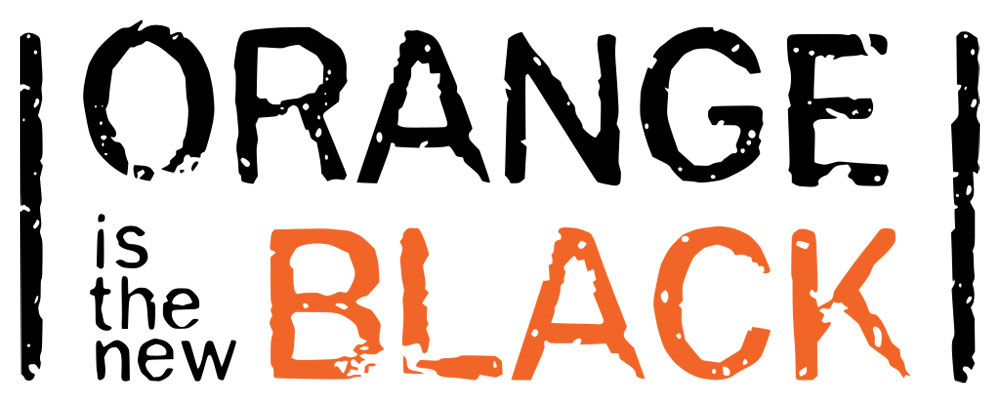
December 10, 2019; NBC
Today, we return to the theme of how art intersects with political and social life in the US. Unfortunately, this story is not (yet) a happy one.
In the Netflix series Orange is the New Black, Gloria Mendoza provides Maritza Ramos, a character facing deportation, with the telephone extension for Freedom for Immigrants (FFI) so she can get a free lawyer. Gloria warns Maritza, “You gotta be careful though. Apparently as soon as Big Brother figures out you’re using the hotline, they shut it down.”
Then, in a prescient moment of synchronicity, six weeks after the season launched, the real Immigrations & Customs Enforcement (ICE) shut down FFI’s nationwide hotline. This deprived immigrants in detention of their connections to lawyers, journalists, resource centers, and family members; it also interrupted FFI’s ability to track immigrants who are frequently moved around in the detention system.
Normally, NPQ is not in the business of critiquing the arts, or of attributing social shifts to Hollywood. But in fact, FFI had worked closely with Orange Is the New Black producers to draw attention to the plight of thousands of immigrants detained in the US. The show deliberately highlighted some of ICE’s human rights abuse, and the legal complaint filed by FFI attributes their hotline’s shutoff to ICE’s ire over being embarrassed on the show.
Oh yes, there is a legal complaint; FFI claims that ICE has violated the First Amendment on three different counts. The lawsuit claims:
In the most perverse form of art imitating life imitating art, ICE did just as Gloria Mendoza warned: it prohibited persons in detention from free access to the Hotline. ICE’s action occurred within two weeks of OITNB’s Season 7 premiere. This action was only the latest in a long history of retaliation against FFI for FFI’s speech and advocacy against inhumane, illegal, and immoral treatment of persons in immigration detention.
Sign up for our free newsletters
Subscribe to NPQ's newsletters to have our top stories delivered directly to your inbox.
By signing up, you agree to our privacy policy and terms of use, and to receive messages from NPQ and our partners.
FFI also sent a cease and desist letter to ICE Acting Director Matthew Albence, claiming this happened “in a larger context of retaliation against visitation programs and advocates for detained individuals.” Fifteen members of the US House of Representatives, including Massachusetts’ Ayanna Pressley and Minnesota’s Ilhan Omar, signed an addendum to that letter demanding an explanation from ICE.
For those who prefer plainer language to legalese, FFI has offered a Twitter thread explaining what happened. They write, “The bottom line is ICE is trying to punish immigrants in detention and our organization because we are unveiling to the world what it is really like to be in ICE custody.”
FFI’s mission is abolishing detention altogether, and countering the false narratives and abuse that rise up around it. They receive between 600 and 14,000 calls each month from people trying to reach lawyers or family members.
ICE’s argument is that because FFI sometimes facilitates three-way phone calls on their hotline between people in detention and their family members outside, they have violated the rules. FFI says “these post hoc rationalizations from ICE are a pretext.”
Detention has slipped off the front page of US news, in part because current government policy recently shifted. Now, most asylum seekers will be sent to Guatemala. ProPublica’s Dara Lind tweeted, “I am really trying to stop freaking out about the ‘kids in cages’ trope, but this is what immigration policy looks like at the end of 2019. The goal is to get people out of custody as quickly as possible by getting them out of the United States as quickly as possible.”
But for those who are still here, conditions have not improved, policies have not relaxed, and people are still struggling to connect with their loved ones and find save haven. That a nonprofit should be punished for drawing attention to the problem is a chilling signal to the sector at large.
At the same time, FFI is fighting to get a visitation program in Etowah County, Alabama restored. Many of their partners are immigrants and former detainees themselves.—Erin Rubin













